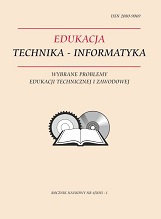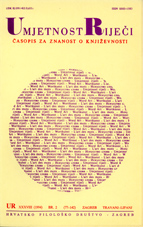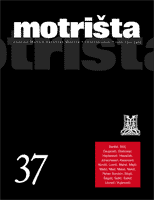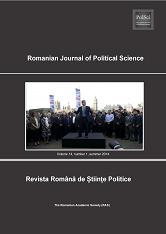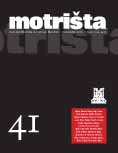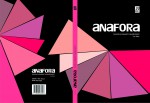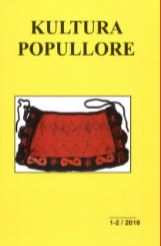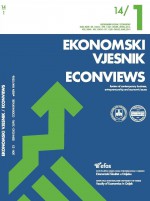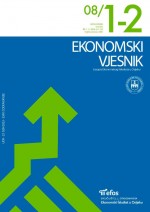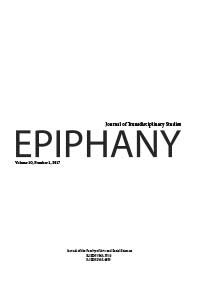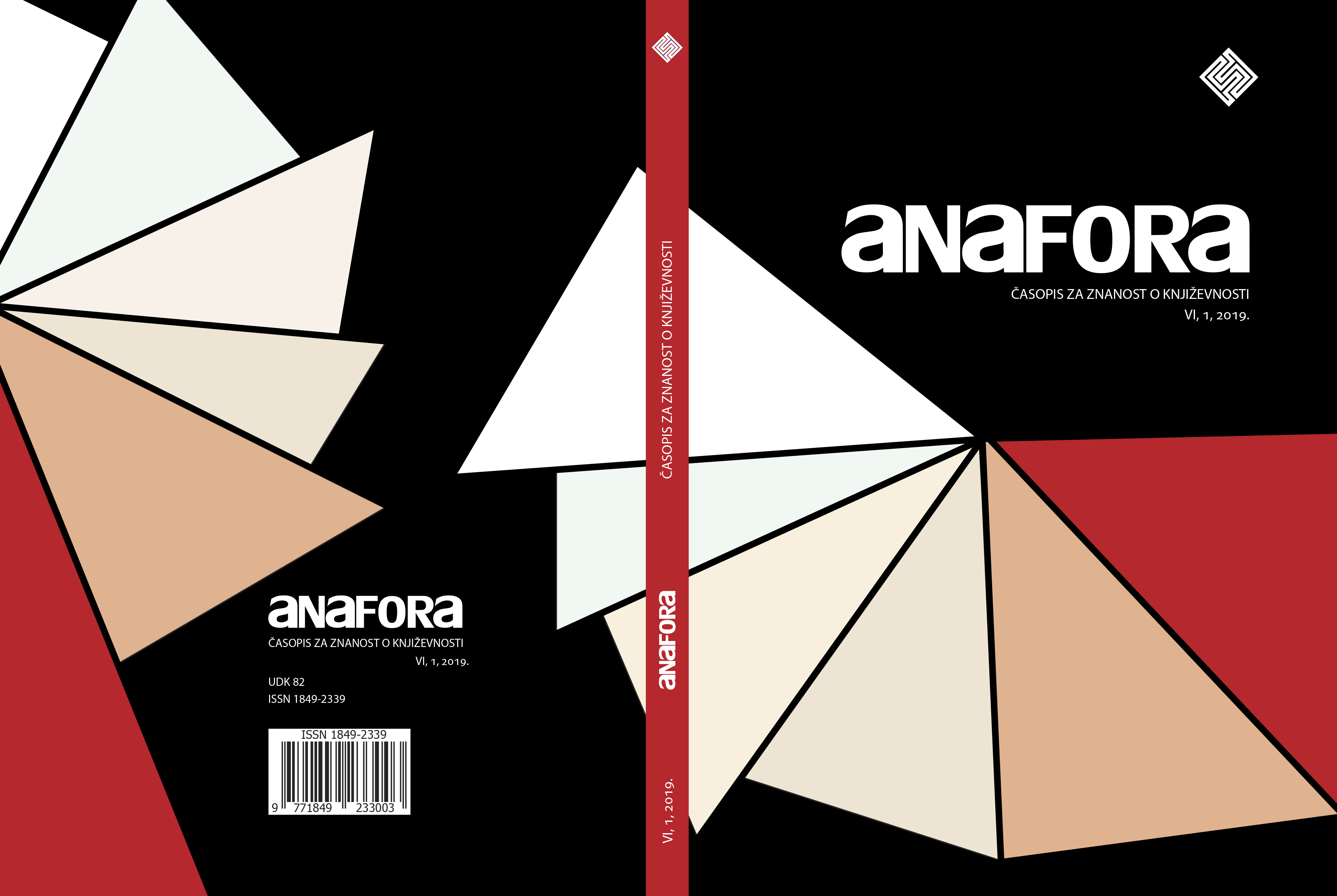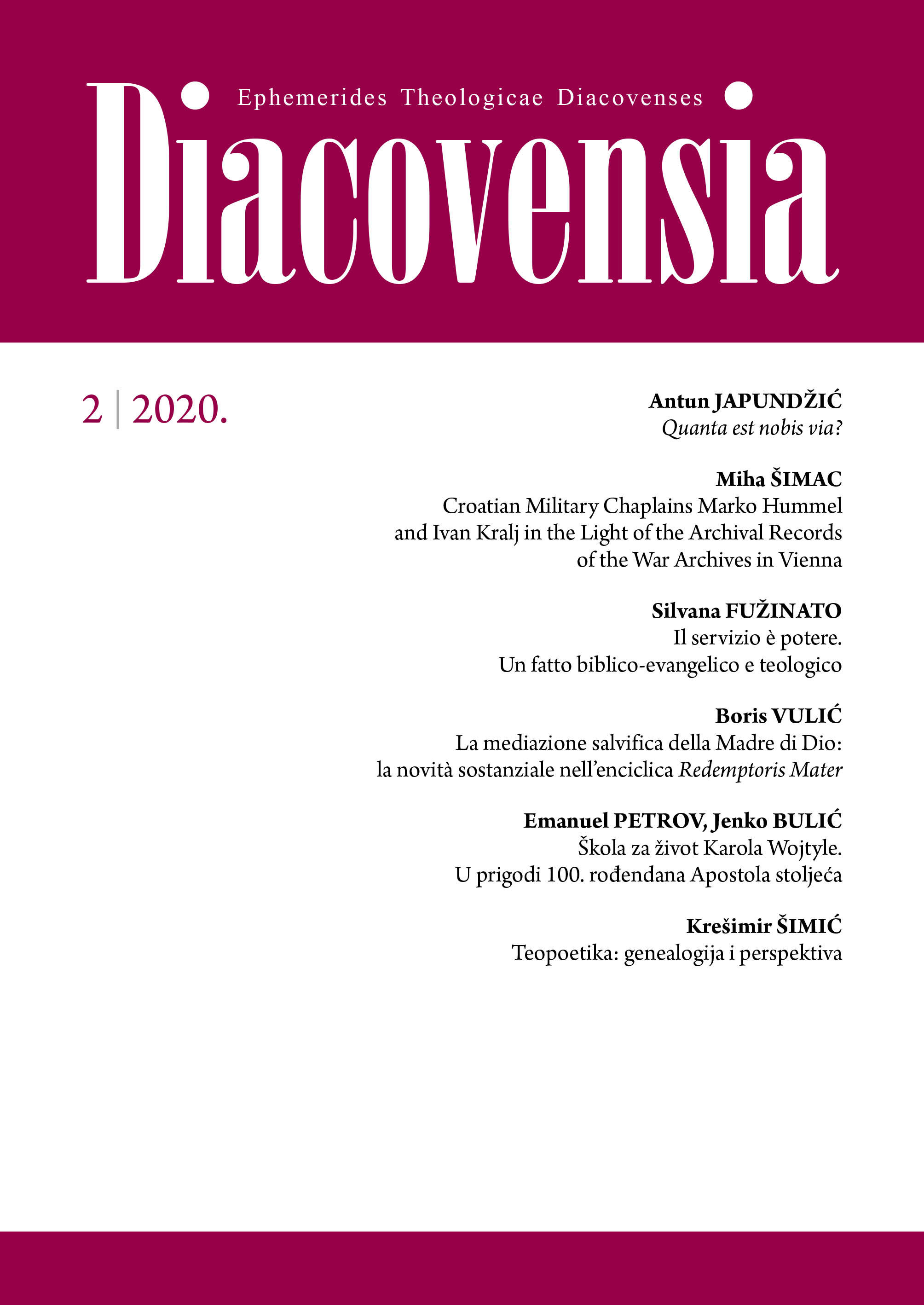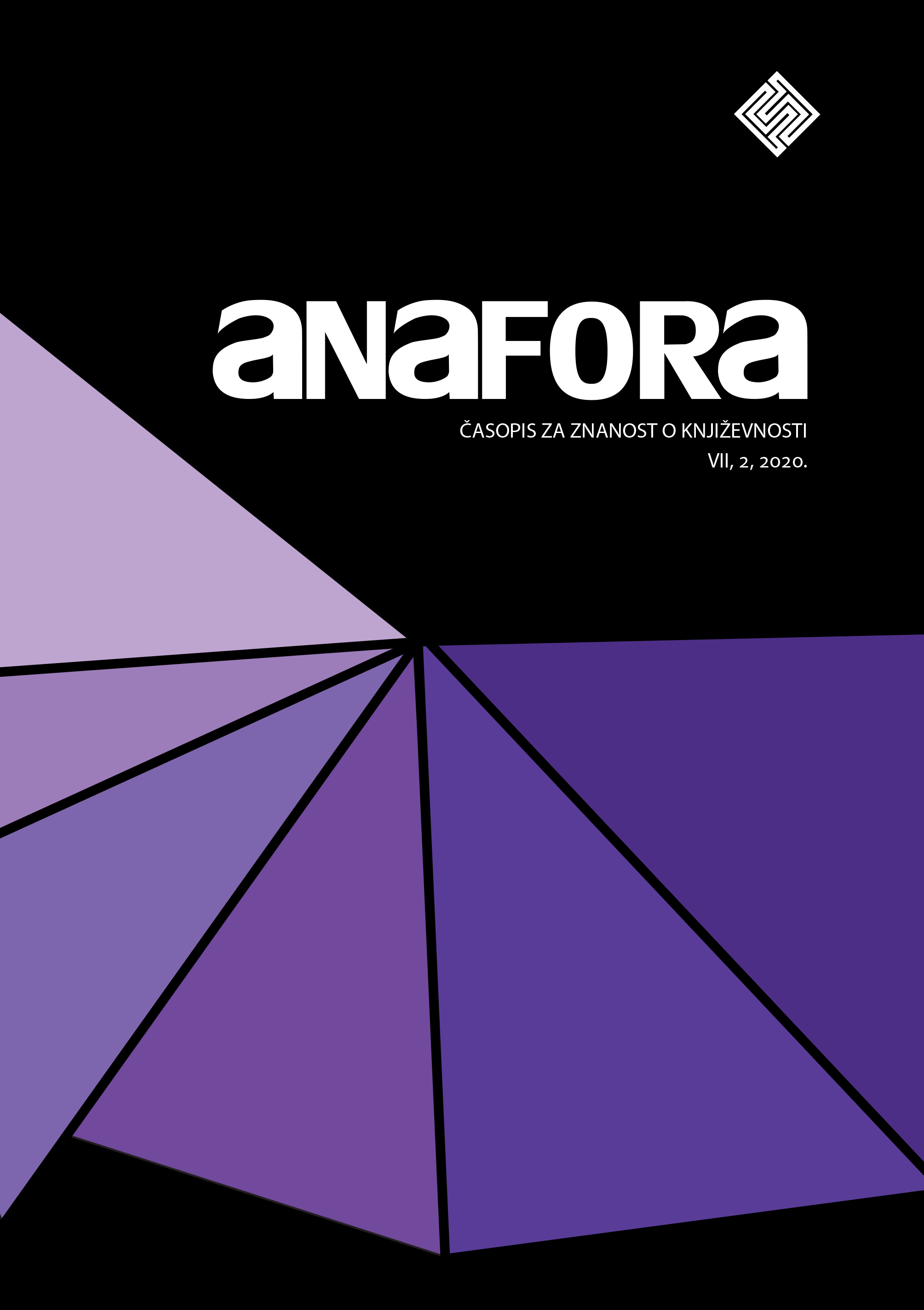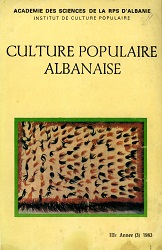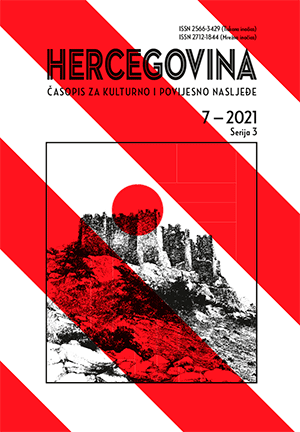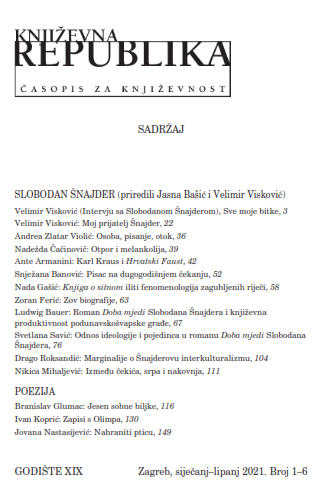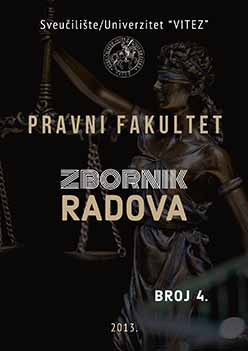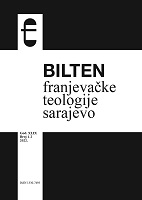The capture of the Yugoslav Army Barracks "Božidar Adžija" in Bjelovar in 1991
Osvajanje vojarne JNA "Božidar Adžija" u Bjelovaru 1991. godine
Keywords: Republic of Croatia; Croatian War of Independence; Yugoslav People's Army (JNA); Bjelovar
The author describes the conditions and developments that led to the capture of the Yugoslav People's Army Barracks "Božidar Adžija" as well as other military installations, in Bjelovar in the second half of 1991. The article will pay special attention to the development of political and security issues in the Bjelovar area during 1991, and show how the local civil and military authorities reacted to the growing crisis between the newly elected political leaders in Croatia and the pro-Serbian leadership of the Yugoslav People's Army.
More...
